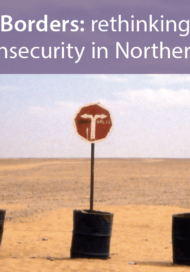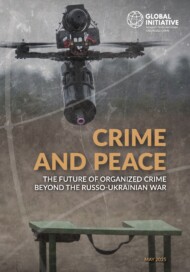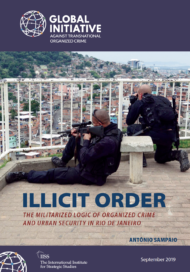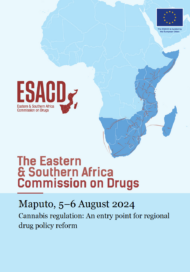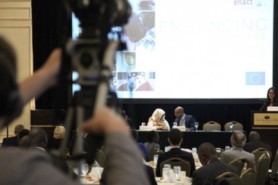Posted on 08 Nov 2016
The Global Initiative newest publication, Fragile Borders: rethinking borders and insecurity in Northern Mali, raises questions regarding part of the solution to this crisis of insecurity, namely border management: how can the management of Mali’s borders in the three northern regions (Timbuktu, Gao and Kidal) be reestablished or improved? Which border management options are available, and which organizational model should be adopted? Since the 2012 crisis, border management has emerged as a key issue linking two areas – security and development – which have not necessarily been tackled together beforehand.
Cross-border movements in northern Mali take a variety of different forms, including individuals planning to migrate into Europe, armed groups, contraband goods and prohibited or restricted products (drugs and arms). Whether isolated or coordinated, these cross-border movements generate insecurity on a number of levels: attacks against individuals, Malian officials and traders, conflicts among traffickers and conflicts among armed groups. Besides these specific local effects, personal and property insecurity has a national impact. Insecurity limits the intervention capacities of both the Malian Government and donors, at the same time as it lends legitimacy to the perception of a “fragile” State: insecurity may thus become a risk for Mali if it is associated in the public eye with complacency towards armed groups in the north by certain elements of the political and administrative elite.
This report argues that the answer is only marginally technical; the techniques must form part of a political process to restore relations between the populations and stakeholders to ensure border security and control in an area that has been abandoned by the Malian state authorities. It is therefore not enough for state civil and military services merely to occupy the land, an already complex process in itself. Border management will have to take account of the specific impact of the State’s abandonment of the land, i.e. the appearance or reinforcement of certain elites that have benefited willingly or otherwise from the climate of violence that has prevailed.
